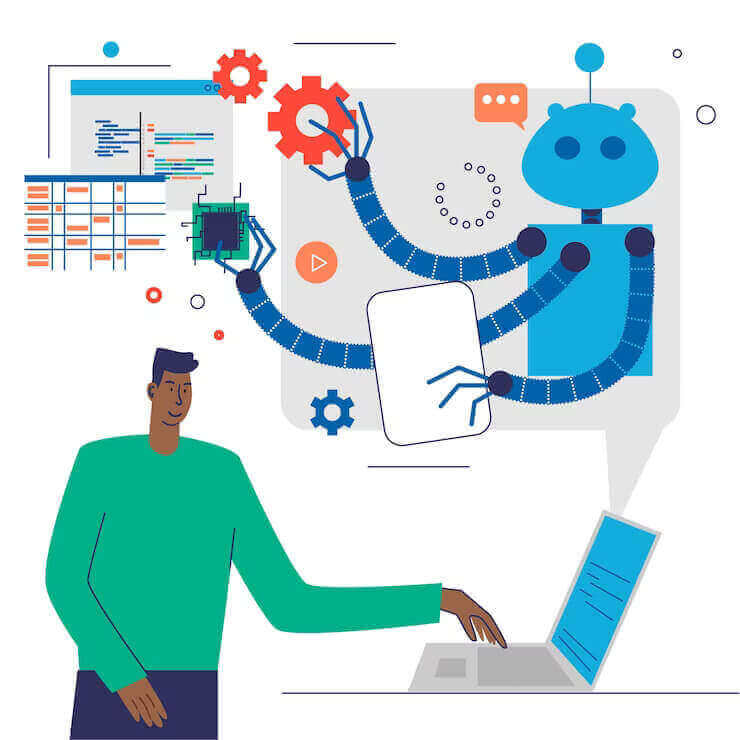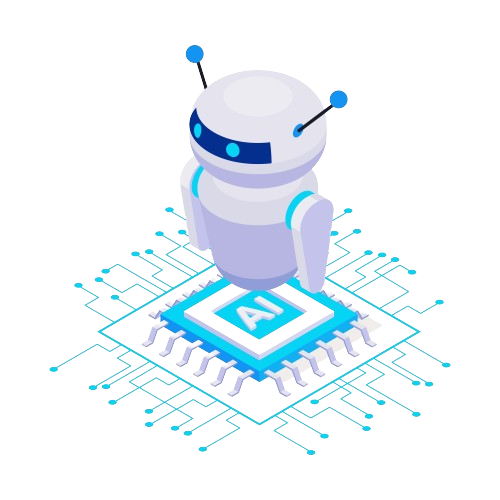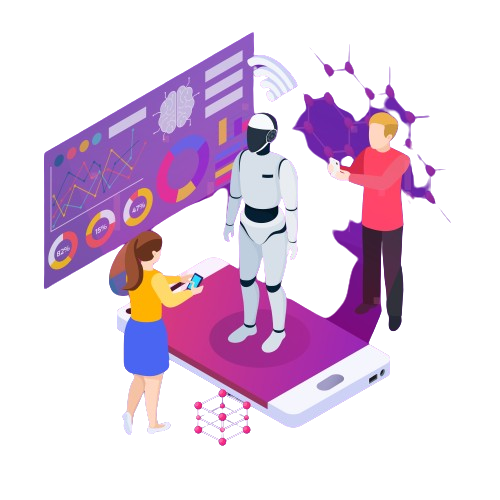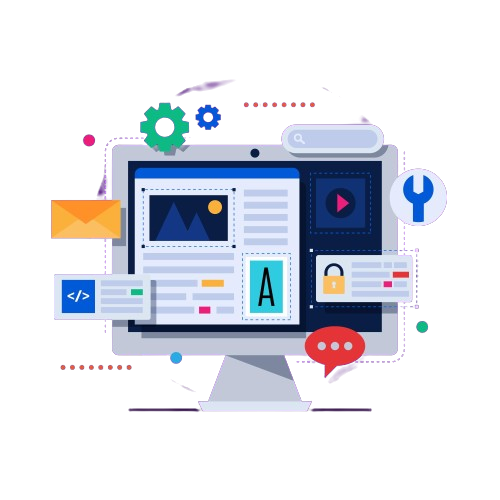
Artificial Intelligence (AI) has swiftly become a transformative force across various industries, and Human Resources (HR) is no exception. As organizations strive for efficiency, data-driven insights, and seamless employee experiences, AI is emerging as a vital tool within HR software. This article delves into the ways AI is revolutionizing HR software, paving the way for more strategic and effective human resource management.
Understanding AI-Powered HR Software
At its core, AI-powered HR software leverages advanced algorithms and machine learning to automate, analyze, and enhance various HR tasks and processes. From recruitment and onboarding to talent management and employee engagement, AI is creating opportunities for HR professionals to focus on strategic initiatives.
1. Streamlining Recruitment Processes
Recruitment is a critical HR function that can be time-consuming and resource-intensive. AI brings automation to this process by analyzing resumes, identifying top candidates, and even conducting initial interviews.
2. Personalizing Onboarding
AI enables personalized onboarding experiences by tailoring training modules and materials to individual employee needs. This enhances the onboarding process, leading to faster integration and improved job satisfaction.
3. Predictive Analytics for Talent Management
Gone are the days of relying solely on gut feelings for talent management decisions. AI technology-driven predictive analytics assess employee performance data to identify patterns and trends, aiding in succession planning and targeted development strategies.
4. Employee Engagement and Retention
AI-powered HR software monitors employee engagement through sentiment analysis and feedback interpretation. It helps HR teams take proactive measures to address concerns and create a more positive work environment, ultimately reducing turnover rates.
5. Data-Driven Decision Making
With AI, HR professionals can make informed decisions by analyzing vast amounts of data. Whether it’s determining compensation structures or identifying skills gaps, AI-driven insights ensure that decisions are grounded in accurate information.
6. Redefining Employee Experience
Employee self-service platforms infused with AI empower staff to access information, submit requests, and resolve queries independently. This not only enhances their experience but also reduces the administrative burden on HR.
7. Ensuring Diversity and Inclusion
AI can mitigate bias in hiring and promotion processes by focusing on objective qualifications rather than subjective factors. This contributes to creating a more diverse and inclusive workforce.
8. Enhancing Workplace Wellness
AI-driven tools can monitor employee workloads and stress levels, prompting interventions when signs of burnout or overwhelming stress are detected. This proactive approach to employee wellness improves productivity and job satisfaction.
9. Chatbots for Employee Support
Chatbots powered by AI provide real-time responses to employee inquiries, offering quick solutions to common questions and issues. This instant support enhances employee satisfaction and productivity.
10. Continuous Learning and Development
AI-driven learning platforms suggest personalized training and development paths based on employee aspirations and performance reviews. This fosters a culture of continuous learning and skill improvement.
Conclusion
As AI continues to evolve, its role in HR software is becoming increasingly vital. From recruitment and talent management to employee engagement and data-driven decision-making, AI is reshaping HR practices.




Leave a Comment